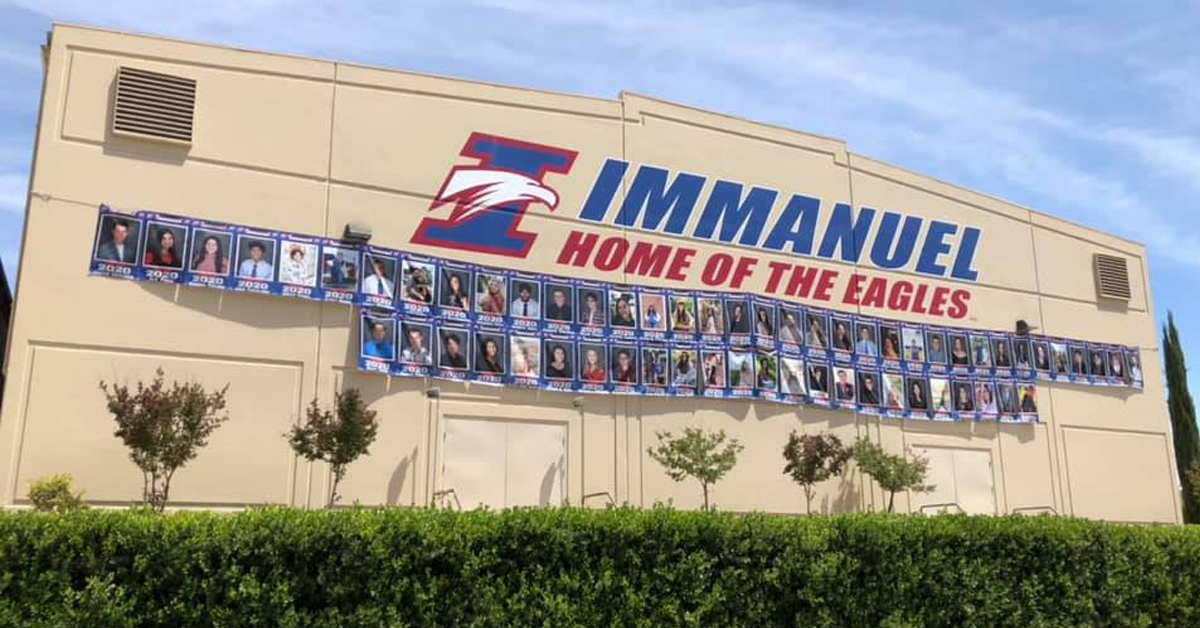Fresno Mayor Lee Brand announced Friday that the city is extending its shelter-in-place order from May 6 to May 31 will begin requiring people to wear masks in public.
In the interim, Brand announced a three-category administrative process to allow current non-essential businesses to begin reopening.
The announcement, however, led to considerable consternation within City Hall one day after two different bodies – the City Council and Brand’s own recovery committee – pursued competing paths toward economic reopening and reckoning with the shelter-in-place order.
What’s in the order?
Along with extending shelter-in-place to May 31 from May 6, Brand announced that Fresno will require individuals to wear protective masks in public.
The mask order is designed mostly for when people go to stores, not for walking around outside in neighborhoods, Brand said.
“If you’re walking your dog or jogging, you’re by yourself, I don’t think anybody’s going to say anything,” Brand said. “I’d recommend that people keep them on them, but it’s mainly a safety measure. We’re not going to try to strong arm people. We’re just trying to keep people safe.”
The bigger element of the order was the administrative process to reopen businesses, theoretically putting Fresno ahead of California’s statewide shelter-in-place order.
Brand announced the City of Fresno would begin categorizing business sectors in three different phases of reopening.
Health guidelines for individual business sectors would undergo review by the Fresno County Department of Public Health before being referred to the Fresno City Council and the Mayor’s economic recovery committee.
Once cleared by those two bodies, individual businesses would be inspected by city Code Enforcement officials.
After each phase is rolled out, the city will reevaluate after two weeks to see if there have been any negative public health consequences.
“This innovative phased process will, over time, bring back thousands of people to work, restore closed businesses and start the economic rebuilding of our economy,” Brand said. “My plan is to accomplish these reopenings as quickly as possible to get people back to work and businesses open while keeping our community safe and healthy.”
During the press briefing, Brand announced that businesses would be required to apply for reopening. The City clarified after the briefing that the reopening process did not have an application process.
The three phases will start with the low-risk businesses first.
Brand did not give specific details as to which businesses will be grouped into the phases, only saying that the amount of contact with the public a business has every day will determine which category it fits in.
For example, barber shops will likely fall into Phase III due to the close proximity between barbers and customers.
The city plans to release information on the phases over the next week, Brand said. However, Brand provided no concrete timetable for reopening Phase I businesses.
“This is a starting point,” Brand said. This is pressing the envelope quite a bit. This is – in a sense – challenging Sacramento, but I think it’s time for the city of Fresno and the state of California to start moving and recovering our economy, at the same time making sure everybody’s safe and we’re tracking all the data.”
The businesses in the first two groups will be considered “authorized businesses,” which the city considers different from essential and nonessential businesses.
“Authorized businesses are generally defined as those businesses and activities which are not considered essential within current generally accepted definitions, but which are still important to the economic and social well-being of the community,” the order states.
Brand contended the city can review more than 1,000 business operation plans per week, Brand said.
If there is a greater demand, the city has money from the CARES Act to cover the costs.
Surprise and disappointment
The decision to extend the order through the end of the month and the business reopening plan was seen as a blindside to members of Fresno’s City Council and Brand’s economic recovery committee.
City Council members, in a closed session meeting on Thursday, came to a consensus on extending the shelter-in-place order to May 22, with business reopenings in the intervening period.
However, no vote was taken.
During a subcommittee meeting of Brand’s coronavirus recovery committee on Thursday afternoon, Brand himself proposed a two-phase reopening occuring on May 7 (when the current shelter-in-place order is set to expire) and May 15, multiple sources on the committee told The Sun.
Shortly after Brand’s announcement on Friday morning, Mike Shirinian, the owner of the Elbow Room Bar & Grill, resigned from Brand’s committee on Thursday – describing it on KMJ’s Ray Appleton Show as “ineffective and a smokescreen.”
One day earlier, Brand singled out Shirinian during the subcommittee meeting, sources with knowledge told The Sun, asking if he would follow the lead of fellow restaurateur Dave Fansler and begin dine-in service on May 7, defying the shelter-in-place order.
Shirinian, at the time, said he would not re-open early unless shelter-in-place was greatly extended.
Shirinian could not be reached for comment about his restaurant’s plans in light of the Brand’s new order prior to publication.
During his own stop on Appleton’s program, Brand contended that he had fully consulted on the City Council and Mayor-Elect Jerry Dyer (who serves as vice chair of the recovery committee) on the plan.
Dyer later took to radio to refute Brand’s statement, saying he had not been informed of the order’s date change and intricate business reopening plan.
“We have people in this community who are out of work, who have lost hope,” Dyer told GVWire. “We have businesses who have been forced to close and may never open again and also have lost hope.”
Daniel Gligich and Alex Tavlian contributed to this report.











